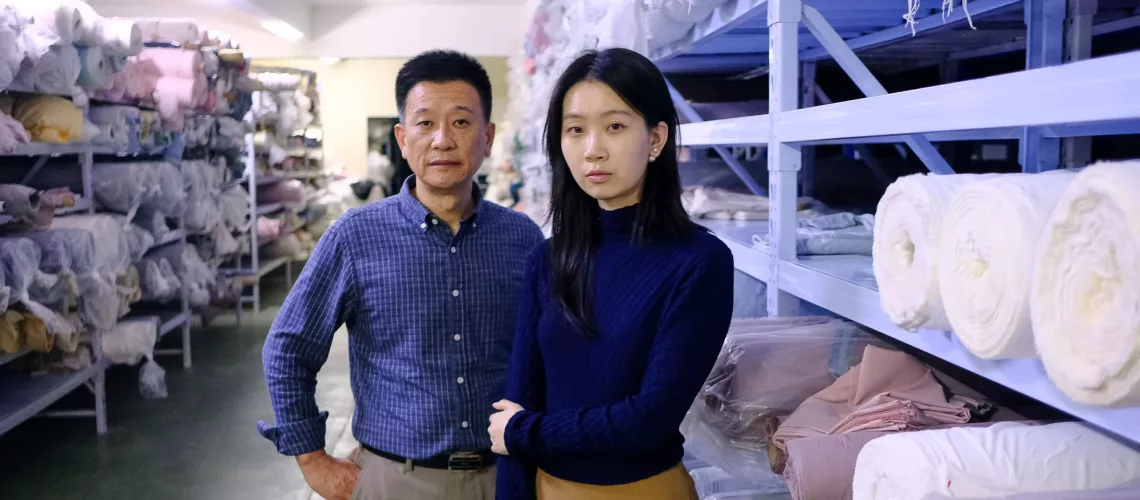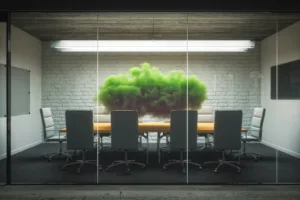As family-run factories across China face an unprecedented wave of generational handovers, the younger heirs find themselves grappling with modern challenges like e-commerce competition, rising costs, and family expectations. The future of these businesses hangs in the balance as successors strive to modernize while preserving family legacies.
The Weight of Legacy
In Jiangsu, Mao Lu stepped into her family’s textile factory, inheriting decades of hard work. After leaving a demanding career in advertising, she returned home to revive the struggling business. Facing declining sales and resistance to change from her father, Mao finds the path forward fraught with challenges but takes solace in tangible results from her efforts.
A Crossroads for Family Businesses
Family factories, established during China’s industrial boom, are struggling to adapt to a fast-changing market. Manufacturing, which contributes significantly to China’s GDP, remains a cornerstone of the economy. However, successors, often called chang’erdai (second-generation factory owners), must modernize these operations to survive.
E-Commerce and Digital Strategies
Successors like Zhang Yi and her husband have found e-commerce both a challenge and an opportunity. After initial failures, they pivoted to smart products and digital marketing, tripling their sales. For Mao, rebranding and leveraging social media became essential in navigating the competitive online landscape.
Balancing Tradition and Change
Resistance from older generations and workers is a recurring obstacle. Many founders cling to traditional methods, hesitant to embrace innovation. Mao’s father, for example, resists bold design changes that could appeal to younger buyers, reflecting a broader generational divide in these businesses.
Communities of Support
Some successors have formed networks to share experiences and strategies. For instance, Chang’erdai GoGoGo, an online community for factory owners, fosters collaboration and resource sharing, helping members adapt to modern challenges.
The Future of Family Factories
The pressure to modernize raises existential questions for many heirs. Some consider outsourcing or professional management, while others weigh whether to shut down entirely. Yet, many are determined to find new ways to sustain their family legacies, bridging tradition and innovation.
For Mao, the journey to revitalize her family’s factory is personal, driven by a vision of expanding the business and aligning her ambitions with the family’s heritage. Her story reflects the broader struggle of China’s younger generation to redefine the future of family-run enterprises.




